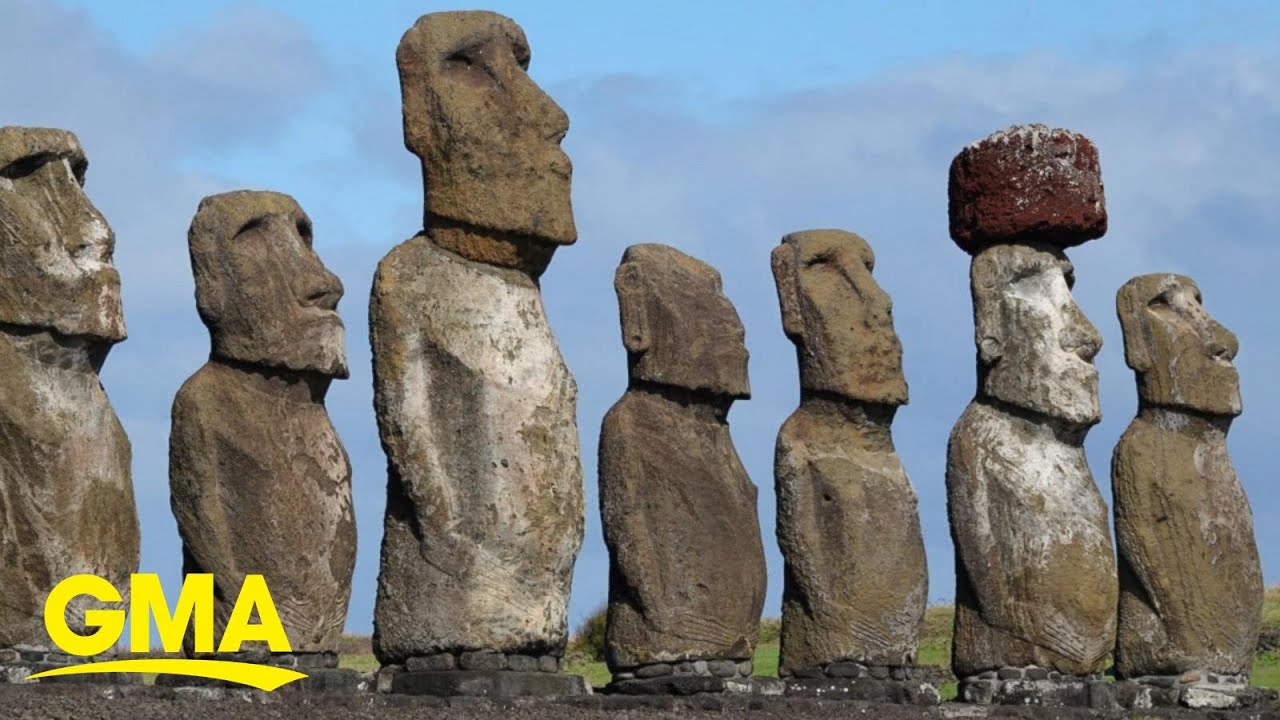New moai statue discovered in Easter Island

Easter Island, also known as Rapa Nui, is a small island located in the southeastern Pacific Ocean. It is part of Chile and is one of the most isolated inhabited islands in the world. The island’s iconic large stone statues were created by the Rapa Nui people, sometime around the 13th century.
The history of Easter Island is shrouded in mystery. There are a number of theories and assumptions when it comes to understanding the purpose behind leaving these statues. The Rapa Nui people, the original inhabitants of Easter Island, developed a unique culture and civilisation, which included the construction of the moai statues.
Researchers believe that they have decoded one of the mysteries surrounding these statues, that is, their location. They are of the opinion that these structures must have been carved/placed close to fresh water sources. There are about 1,000 known moai statues on the island.
In February of this year (2023), when a team of scientific volunteers from three Chilean universities discovered a new moai in the bed of a now dry lake inside the Rano Raraku volcano, the resident Rapa Nui people were surprised along with the rest of the world.
This discovery is utterly unique because till date, no other statues have ever been found on any lakes. This is the island's first. This, for sure, opens up many new opportunities to understand the cultural and religious significance of these mysterious statues.
Just last year, in October 2022, a devastating forest fire had permanently scarred a number of these iconic statues. The authorities called it “irreparable” damage. Rapa Nui National Park is a UNESCO World Heritage Site and presently, there are approximately 8,600 Rapa Nui people residing in Easter Island.